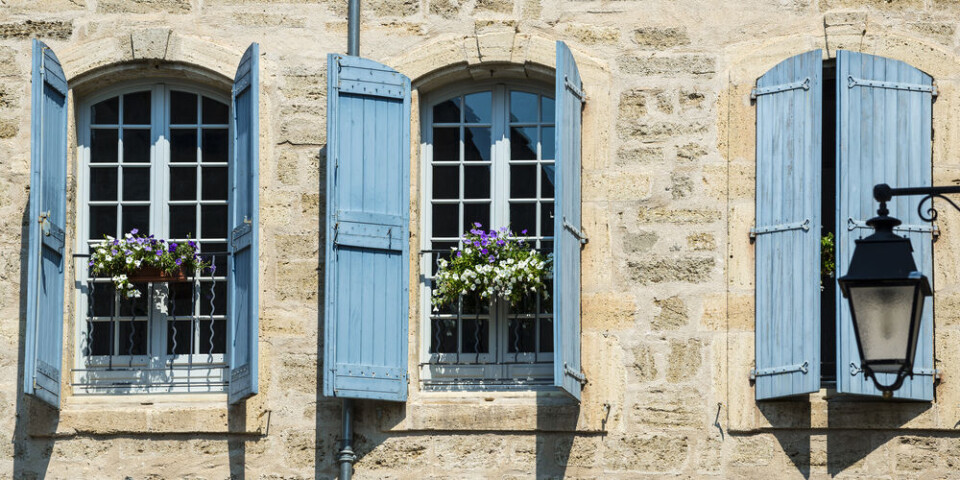-
Trump tariffs: Americans in France hit by dollar drop
Europe has said the tariffs will cause the economy to ‘massively suffer’ as France plans retaliation
-
Can non-residents switch banks in France easily?
Account and card costs are on the rise generally
-
Many Société Générale customers to be charged additional fees from April
There is some good news for international banking and instant transfers, however
Which French households must still pay some taxe d’habitation in 2022?
The tax is being gradually phased out for main residences but is not completely finished yet

France’s taxe d’habitation residence tax is gradually being phased out and will no longer apply to any main residences from 2023.
Some 20% of households will still have to pay it this year, although they will see the rate reduced by 65%.
After 2023, the tax will continue but will only apply to second homes.
Who has to pay?
Taxe d’habitation is paid by the occupant of a property, whether they be the owner, a tenant, or if they live there for free.
This year, you will only have to pay the tax if your taxable income (revenu fiscal de référence) is above a certain threshold. This is worked out through a system of household ‘parts’ (units), with adults normally equating to one and children or dependents to 0.5.
For a single person living alone – one part – the income threshold is €28,150, while for a couple with no children – two parts – it would be €44,830.
A couple with two children, or three parts (two adults plus two half units), would need to collectively earn €57,341 before having to pay taxe d’habitation.
You can see a more detailed breakdown of the maximum incomes for a full exemption from the tax on the finance ministry website.
People who earn just above the income threshold will be entitled to a partial exemption on top of the 65% reduction already applied. For example, a person living on their own whose taxable income is less than €29,192 will not pay as much as someone who earns more than this.
If you were living in your home on January 1 and your income is above these thresholds, you will owe taxe d’habitation for the whole year, even if you moved out in April, for example.
It is also worth noting that even if you did not pay taxe d’habitationin 2021, you may have to pay it this year if your income now falls in the taxable bracket.
If you pay France property wealth tax impôt sur la fortune immobilière (IFI), you cannot be exempted from paying taxe d’habitation even if your income comes below the threshold, but will still receive the 65% reduction for your main home.
Exemptions
Anyone who earns less than the household incomes decided by the government will not have to pay the tax this year.
This exemption also goes for people living in elderly care homes who still own a property.
Second homes
The phasing out of taxe d’habitation does not apply to second homes.
If you own a second home in France, you will continue paying taxe d’habitation in full, and some urban areas classed as zones tendues (experiencing a housing shortage) can choose to increase the basic rate by up to 60%.
Read more:French second homes: taxe d’habitation rates continue to rise
This year, for example, Bordeaux, Lyon, Biarritz, Arles and Saint-Jean-de-Luz have all decided to apply the maximum 60% surtax.
In communes where there is a taxe sur les logements vacants or a taxe d’habitation sur les logements vacants, the owners of empty properties will also have to continue paying.
When are bills sent out?
Taxe d’habitation bills are usually available in your online tax space from October 1 if you pay annually, and on October 20 if you pay monthly.
You should receive an email notifying you that your bill has been issued.
Those who request a paper bill will also receive it in October.
For main homes, the tax is payable on November 15 for cheque, cash or bank transfer payments, and November 20 for online payments.
Most second-home owners will have to pay by December 15 for cheque, bank transfer or cash payments and by December 20 for online payments.
Since 2019, bills totalling more than €300 must be paid online.
Related articles
Should we pay ‘taxe d'habitation’ if not in French house on January 1?
Gîte owners in west France hit by surprise tax bills
Garden tree rules, building on farmland: Five French property updates
























